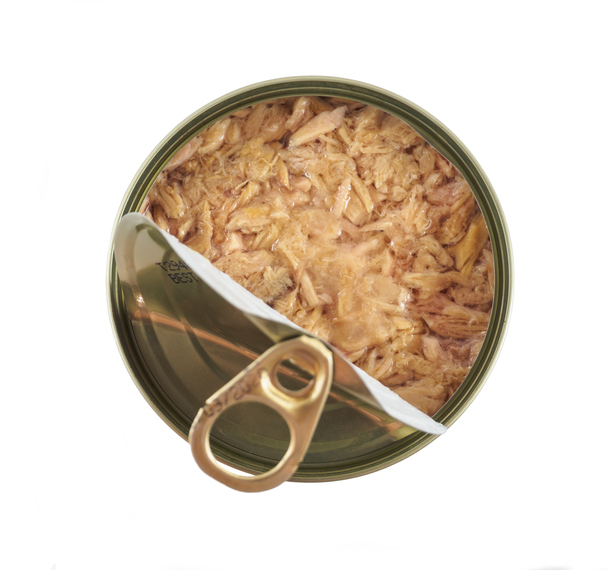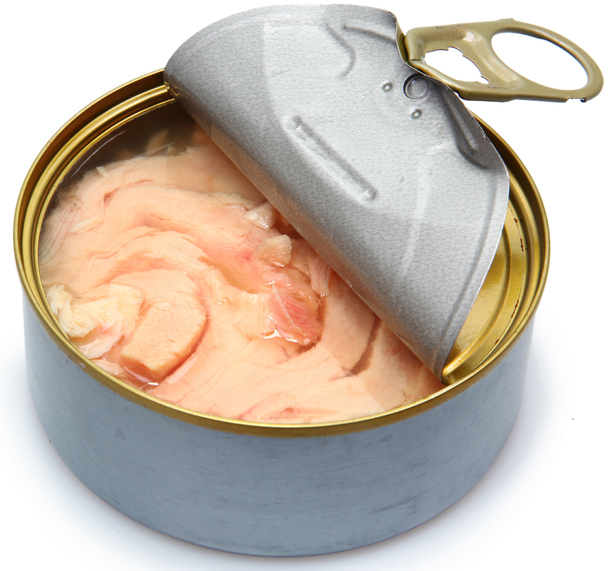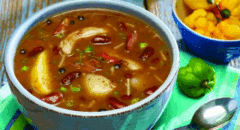
It's no doubt that fish is one of the healthiest foods on the planet--well, fresh fish that is. But living in a society that is high on demand, you can get just about any kind of food pre-packaged or canned. Canned tuna is one of America's favorites and has been for many years. It's usually fast, quick and easy and provides a good source of vitamins. But, you could be buying the wrong kind.
Certain brands of tuna not only have increased levels of mercury that harm your body, they also catch their tuna in unethical ways which harm the environment. Here are some of the best brands of tuna you should buy:
Best in Water / Best In Oil**
Wild Planet Wild Albacore
This albacore packed in its own natural juices delivers 1,340 milligrams of DHA/EPA omega-3s in a 2-ounce serving. The oil version has a less intense taste, and the extra-virgin olive oil from Spain adds a dose of heart-healthy monoun-saturated fats. Because Wild Planet catches small albacore, it says its tuna has less than half the mercury of other albacore brands, so you can eat it more often.
120 calories in water, 190 in oil; $30 for six cons, wildplanetfoods.com
Best Gourmet
If you're feeling fancy, Ortiz Bonito del Norte tuna in olive oil is a great choice.
Cooked once instead of twice like most brands, this Spanish albacore has a mellow taste. Add it to pasta with a little of its oil.
160 calories, $17, latienda.com
Best Flavor
Island Trailers Albacore with jalapeno
Caught off the coast of Washington and packed in BPA-free cans, it has a clean taste with a fiery kick.
110 calories, $75 for 12 cans, islandtrollers.com
Best On-the-go (pouch)
Tuna is pouches is becoming quite popular, so StarKist Flavor Fresh chunk light in water is a winner.
A three-time Best Foods taste-test winner, this tuna comes in an easy-open, no mess, BPA-free pouch.
80 calories per 2.6 ounces. $1.50, starkist.com

**BEST Honorable Mention**
This tuna was so close, but just barely made it off the official list, but we definitely wanted to include it anyway:
Trader Joe's Albacore Solid White Tuna in Water
Nutrition: One serving (2 oz) = 60 calories, 1g total fat, 0g saturated fat, 0g trans fat, 25mg cholesterol, 180mg sodium, 0g carbs, 0g sugars, 13g protein
Ingredients: Solid Light Tuna, Water, Salt
Cost: $1.49
WORST:
Bumblebee, Walmart's Great Value, Kirkland (from Costco) and Kroger brand all were at the bottom of the list of ethical practices in their tuna. They rank lowest in sustainability, social responsibility, auditing, transparency with their labeling and information they provide consumers.
What about: Canned Salmon?
There is no denying that salmon is a powerhouse when it comes to the healthiest fish, and while many people find it difficult to afford—or even find—the fresh, wild-caught sockeye we're told to seek out, canned salmon is used in salmon cakes, salads, seafood stews, and pastas.
According to Berkeley Wellness, almost all canned salmon is wild caught, but not all of it is, so...
... a little label reading is in order. If a can indicates that the fish inside is Atlantic salmon, you'll want to pick a different brand. Atlantic salmon are always farmed, as they have been nearly driven to extinction in the wild. Farmed salmon, of course, is a poor choice due to antibiotic use, toxins such as PCBs, and pollution of waterways (where the salmon are kept in vast pens). You should also try to avoid salmon that has been shipped overseas for processing. If the label tells you your salmon is a “product of Thailand” or some other country, that means the fish was caught in the U.S., shipped across the world, processed, and then shipped back to the states for sale. That's an awful long way for your food to travel, all in the name of cheaper labor.
Related: What The Fish Monger At Whole Foods Market Is Eating
What canned salmon to buy?
First, make sure the label indicates that the salmon you're buying is either Alaskan pink salmon, sockeye, or red salmon. All of those terms indicate that your salmon is the wild stuff from North American waters. The Alaskan salmon fishery is one of the most well-managed, safe, and sustainable fisheries in the world, so as long as your salmon is wild-caught, it's almost always an ethical choice on all fronts.








